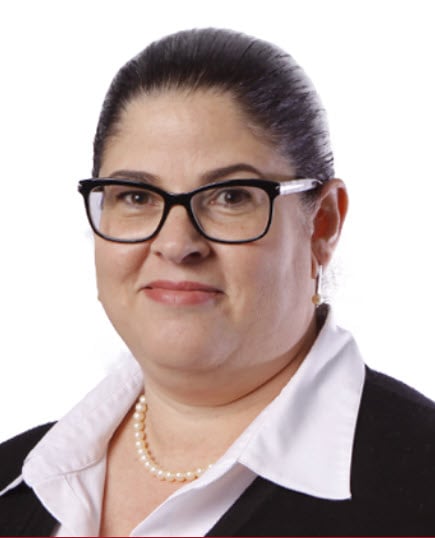President Jair Bolsonaro signed three bills that belong to the anti-crime and anti-corruption package proposed by Justice and Public Security Minister, Sergio Moro.
The anti-crime and anti-corruption package propose amendments to fourteen different laws, including the Criminal Code, Criminal Process Code, Criminal Execution Law, Heinous Crimes Law, and Electoral Code.
According to Minister Moro, the package is divided into three bills with the following features: (i) amendments to the Electoral Justice’s jurisdictional rules; (ii) adoption of criminal liability for illegal financing of political campaigns; and, (iii) provisions that make the legislation framework more stringent, such as: criminal sentence execution after appeal sentencing; criminal sentence execution in trial court in the case of jury trial; use of undercover police officers; and, a hardened policy for serious crimes – and negotiable measures – such as whistleblowing and plea bargaining provisions.
In order to enter into force, the package will need the approval of congressional representatives and senators.
While the anti-crime and anti-corruption package brings stricter legal provisions mainly to individuals; companies may be affected in terms of liability for the acts of its executives and employees.
Companies should implement the necessary controls and ensure that its executives, employees and representatives are aware of the requirements of the anti-crime and anti-corruption package.





